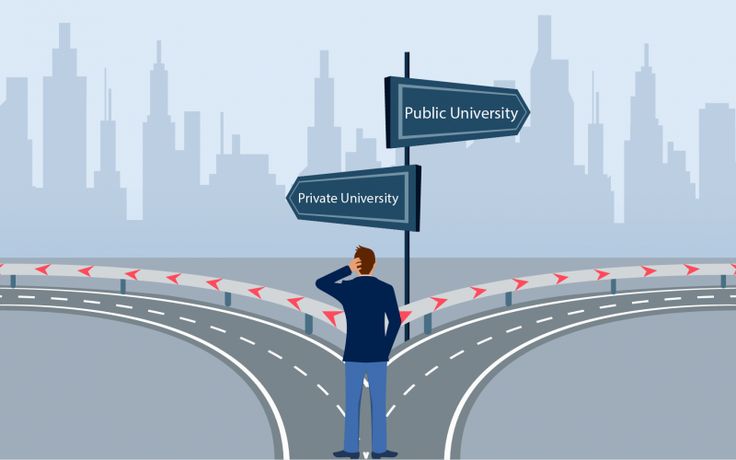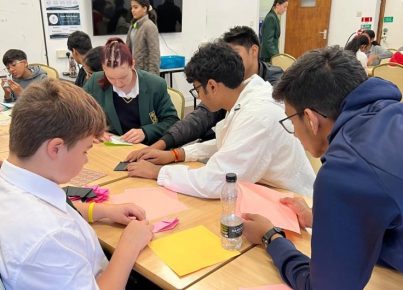The once-sacred halls of academia are facing a crisis of confidence. Public trust in America’s colleges and universities has eroded, plagued by concerns over rising tuition costs, political bias, and a perceived disconnect from the real world. Restoring this trust requires a multi-faceted approach, addressing both systemic issues and fostering a renewed sense of purpose within institutions.
Firstly, universities must demonstrably address the affordability crisis. While increasing tuition has fueled lavish facilities and expanded research endeavors, it has simultaneously made higher education inaccessible for many. Prioritizing financial aid, exploring innovative funding models, and prioritizing cost-effectiveness in program design are crucial steps towards making education accessible to all.
Secondly, fostering transparency and open dialogue about political bias is essential. While universities are inherently spaces for diverse thought and debate, allegations of indoctrination or censorship erode trust. Encouraging intellectual honesty, promoting open discourse across ideological lines, and actively challenging echo chambers are vital for maintaining academic integrity.
Finally, universities must reassert their relevance to society. The perception that higher education is detached from real-world challenges fuels cynicism. Integrating practical skills into curriculums, fostering collaborations with industry, and encouraging research that addresses societal needs can bridge the gap between the ivory tower and the real world.
Restoring trust in America’s colleges and universities is not a simple task. It demands a commitment to transparency, affordability, and societal relevance. Universities must acknowledge their shortcomings, actively address public concerns, and demonstrate their value as engines of progress and societal well-being. Only then can they reclaim their position as trusted institutions, fostering a brighter future for generations to come.





